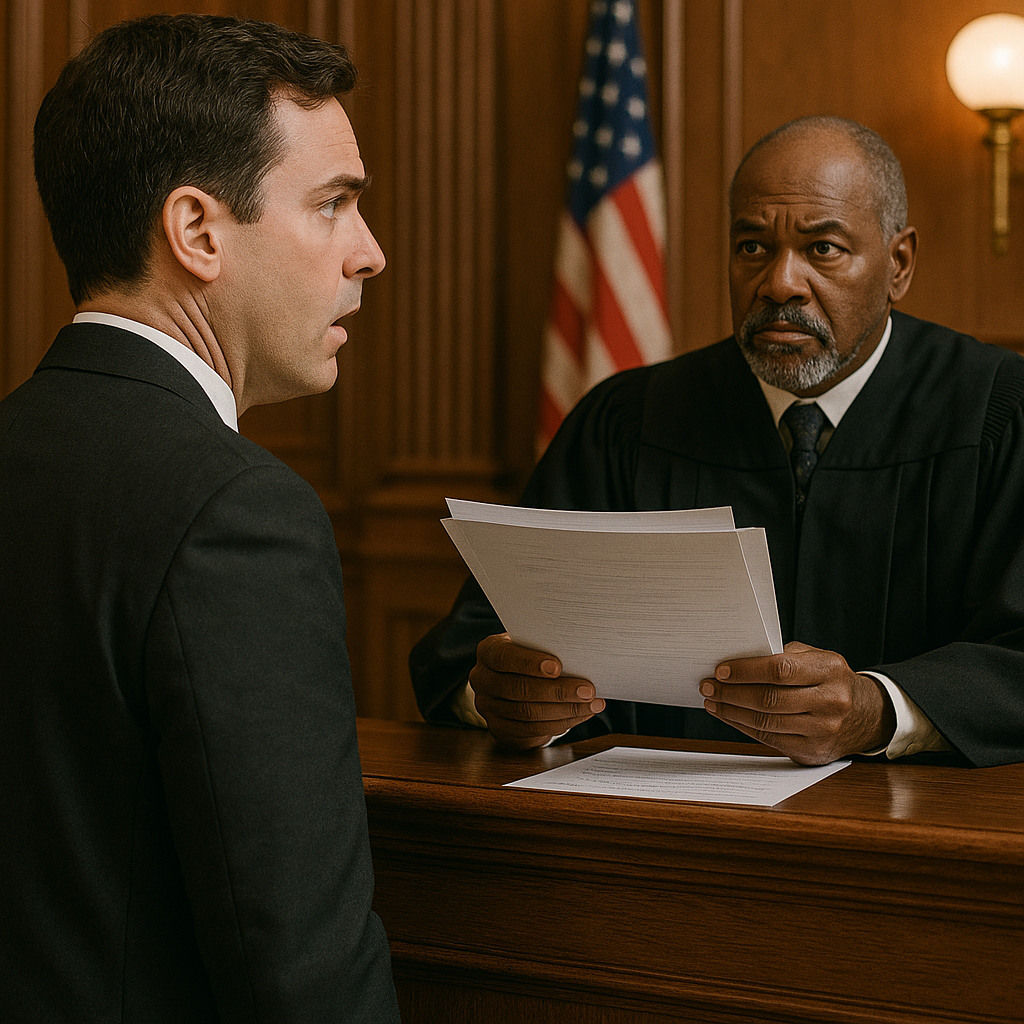(Note: This guest blog is by Ashley Smith, a third-year law student clerking in our Tampa, Florida, office)
A new opinion takes a step in the right direction for Florida policyholders seeking to hold insurance carriers accountable for their conduct in the adjustment of insurance claims. The Second District Court of Appeal’s opinion in Hunt v. State Farm Florida Insurance Company,1 unambiguously states that policyholders can bring bad faith causes of action against their insurance carriers after a favorable appraisal award.
In Hunt, the insured received a favorable appraisal award, which the insurer paid. The insured then voluntarily dismissed his breach of contract lawsuit and filed a bad faith action against the insurer. The insurer moved for summary judgment, claiming that the insured had not obtained a judgment against the insurer in the first lawsuit. The opinion states:
The trial court ruled that a judgment against State Farm for breach of contract was a condition precedent to a bad-faith action. In Blanchard v. State Farm Mutual Automobile Insurance Co., 575 So.2d 1289, 1291 (Fla. 1991), the supreme court held that a bad-faith action cannot accrue until the underlying lawsuit seeking insurance benefits is resolved in the insured’s favor…See also Vest v. Travelers Ins. Co., 753 So.2d 1270, 1276 (Fla. 2000) (“[B]ringing a cause of action in court for violation of section 624.155(1)(b) 1 is premature until there is a determination of liability and extent of damages owed on the first-party insurance contract”). But, “[a] judgment on a breach of contract action is not the only way of obtaining a favorable resolution.” Trafalgar at Greenacres, Ltd. v. Zurich Am. Ins. Co., 100 So.3d 1155, 1158 (Fla. 4th DCA 2012). For example, “an arbitration award establishing the validity of an insured’s claim satisfies the condition precedent required to bring a bad faith action.” Id. (citing Dadeland Depot, Inc. v. St. Paul Fire & Marine Ins. Co., 945 So.2d 1216 (Fla. 2006)). Similarly, as in this case, an appraisal award establishes the validity of Mr. Hunt’s claim and satisfies this condition precedent. See id.
Hunt and Trafalgar establish that an appraisal award is a favorable resolution regarding liability and extent of damages, but what if the insured never files suit for breach of contract? Will the appraisal award establish liability and extent of damages without an accompanying lawsuit before the bad faith lawsuit? David Pettinato, an attorney in our Tampa office, recently received an order in the affirmative.2 The order states:
The only apparent distinction between Hunt and the instant case is that before entry of an appraisal award Hunt filed a lawsuit against State Farm for breach of contract and the Coburns did not. While in some cases it may be necessary to file a breach of contract action to determine coverage or the amount of the loss, there is no logical reason to require a breach of contract action as a condition precedent to the filing of a claim for bad faith when the contractual issues have already been resolved. Such a requirement would only serve to further clog our courts, increase the costs of litigation, and delay resolution of disputes. See Brookins v. Goodson, 640 So.2d 110, 114 (Fla. 4th DCA 1994). In this case neither a lawsuit for breach of contract nor a judgment in favor of the insured is required. There only need be a “determination of liability and extent of damages.” The Second District clearly stated in Hunt that the appraisal award satisfies this condition precedent. (citing Vest v. Travelers Ins. Co., 753 So.2d 1270, 1276 (Fla. 2000) and Trafalgar at Greenacres, Ltd. v. Zurich Am. Ins. Co., 100 So. 3d 1155, 1158 (Fla. 4th DCA 2012)).
This trial court relied upon Hunt to hold that a determination of liability and extent of damages is satisfied by an appraisal award, and neither a breach of contract lawsuit nor a judgment in favor of the insured is required to bring a bad faith claim against the insurer. This reasoning will help policyholders hold insurers accountable for bad faith conduct during the adjustment of the claim. As an upcoming law graduate, it is exciting to see how case law evolves as new issues arise, and this is a perfect example of just that.
1 Hunt v. State Farm Florida Ins. Co., 2D11-6484, — So. 3d — (Fla. 2d DCA April 5, 2013).
2 Coburn v. State Farm Florida Ins. Co., No. 10-CA-5677 (20th Cir. Fla. filed Apr. 30, 2013).




